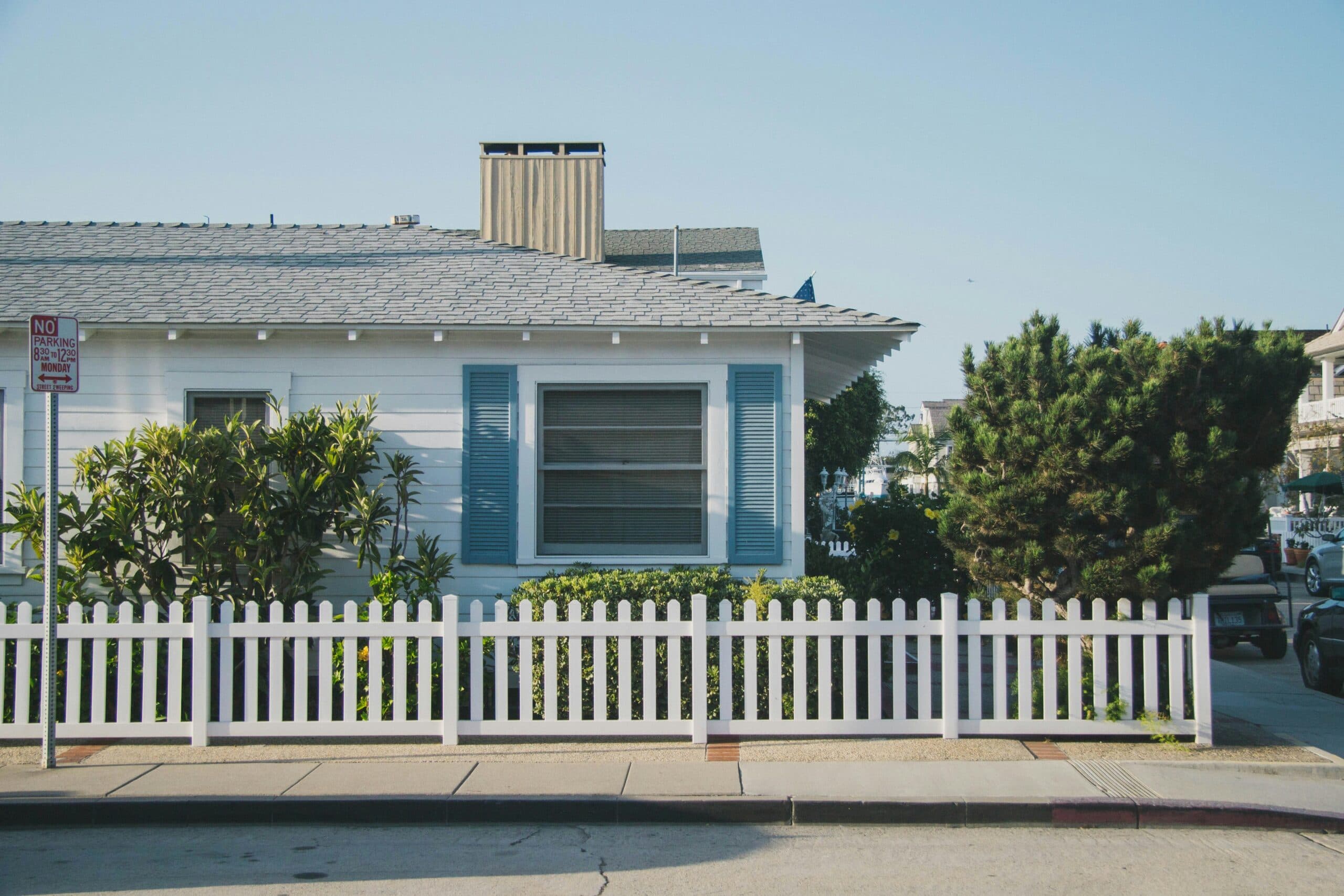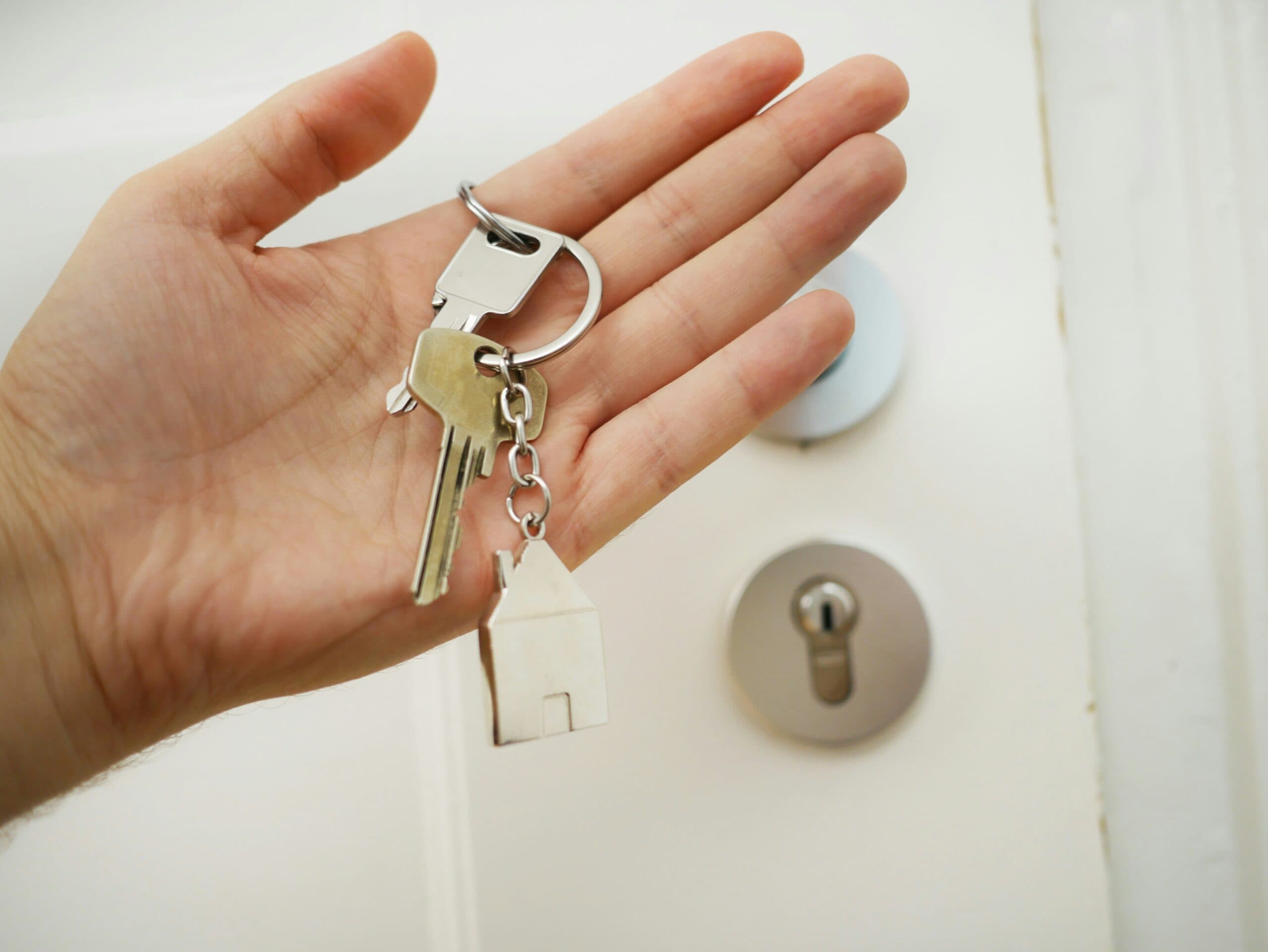
JUNE 6, 2025
First Trust Deed 101: What Every Homebuyer Needs to Know
Buying a home is one of the biggest financial decisions you’ll ever make. And if you’re purchasing in California, there’s a good chance you’ll encounter something called a first trust deed, a legal term that may not mean much at first, but plays a major role in how your home loan is secured. Don’t worry if you’re not familiar with it; by the end of this blog, you’ll understand the basics, how it compares to a mortgage, and why it matters to you as a homebuyer.
What Is a First Trust Deed?
A first trust deed is a legal document used in real estate to secure a loan with the property you’re buying. It involves three parties:
-
Trustor – That’s you, the borrower.
-
Beneficiary – Usually the lender (like your bank or mortgage provider).
-
Trustee – A neutral third party who holds the legal title of the property “in trust” until the loan is paid off.
Think of it like a safety deposit box: You (the trustor) put your home into the box, the lender (beneficiary) puts in money, and the trustee holds the keys. Once your loan is paid off, the trustee gives the keys (ownership) back to you.
If you default on your payments, the trustee has the legal power to sell the property and repay the lender, this is part of what makes California’s home loan process more efficient than in other states.
Trust Deed vs. Mortgage: What’s the Difference?
In many states, buyers deal with traditional mortgages that involve only two parties: the borrower and the lender. But California uses trust deeds for most home loans because they allow for a non-judicial foreclosure process. That’s faster and less expensive than the court-involved foreclosure processes used in mortgage states.
| Feature | Mortgage (used in other states) | Trust Deed (used in CA) |
|---|---|---|
| Number of parties | 2 (borrower & lender) | 3 (borrower, lender & trustee) |
| Foreclosure type | Judicial (via courts) | Non-judicial (no court) |
| Foreclosure timeline | Several months to years | ~120 days after notice |
So while “mortgage” is the term you’ll hear most, in California, the actual document securing your loan is typically a first trust deed.
Why “First” Trust Deed?
The word “first” is key; it means this is the primary loan secured against the property. If you take out a second loan (like a home equity line of credit), that becomes a second trust deed. If foreclosure ever occurs, the first lienholder gets paid first, which makes it more secure and attractive for lenders.
That’s why interest rates are generally lower on first trust deeds compared to second ones.
What Happens If You Default?
If a borrower fails to make payments, the lender doesn’t need to go through a long court process. Instead, the trustee can initiate a non-judicial foreclosure under California law. Here’s a simplified breakdown of what happens:
-
Notice of Default (NOD): Filed after ~90 days of missed payments.
-
Waiting Period: You have 90 days to catch up or work out a plan.
-
Notice of Trustee Sale: If no resolution, the trustee gives at least 21 days’ notice before a sale.
-
Foreclosure Sale: The home is sold at auction.
This process is often faster and less expensive for lenders, which is why it’s favored in California. But it also means homebuyers should be very clear on the terms of their trust deed and loan obligations.
How to Protect Yourself as a Homebuyer
-
Understand Your Loan Documents: Don’t be afraid to ask your lender to explain anything in your trust deed. It’s legally binding and should be fully understood.
-
Stay in Communication: If financial troubles arise, reach out to your lender early. Most want to work with you before things go south.
-
Use Professionals: A qualified mortgage advisor can walk you through the whole process, including reviewing the trust deed language.
California-Specific Notes
-
California is a non-recourse state, meaning lenders generally can’t pursue your assets after a foreclosure on a purchase money loan.
-
It’s a community property state, so if you’re married, your spouse may have a legal interest in the home, even if only your name is on the loan.
-
California’s housing market can be highly competitive, so understanding how your loan is structured could be an advantage in getting pre-approved faster.
Final Thoughts
A first trust deed might sound like complicated legal jargon, but for California homebuyers, it’s simply the legal framework that makes your home loan possible. Understanding how it works will give you peace of mind and help you make informed decisions when it comes to one of the biggest purchases of your life.
Ready to Buy a Home in California?
Speak with Buwalda Mortgage Services today to learn more about how first trust deeds work and get personalized guidance on your next California home loan.
Recent Posts

Asset-Based Mortgage Loans in California: How They Work
JANUARY 7, 2026

First-Time Homebuyer Mortgage Options in California Explained
JANUARY 2, 2026

How to Qualify for a Mortgage With Private / Non-QM Loans
DECEMBER 6, 2025

Refinancing Your Home Loan: Lower Payments or Shorter Term?
DECEMBER 4, 2025

Conventional Loan Requirements Every California Buyer Should Know
NOVEMBER 5, 2025

How to Qualify for FHA Loans in California
OCTOBER 30, 2025
